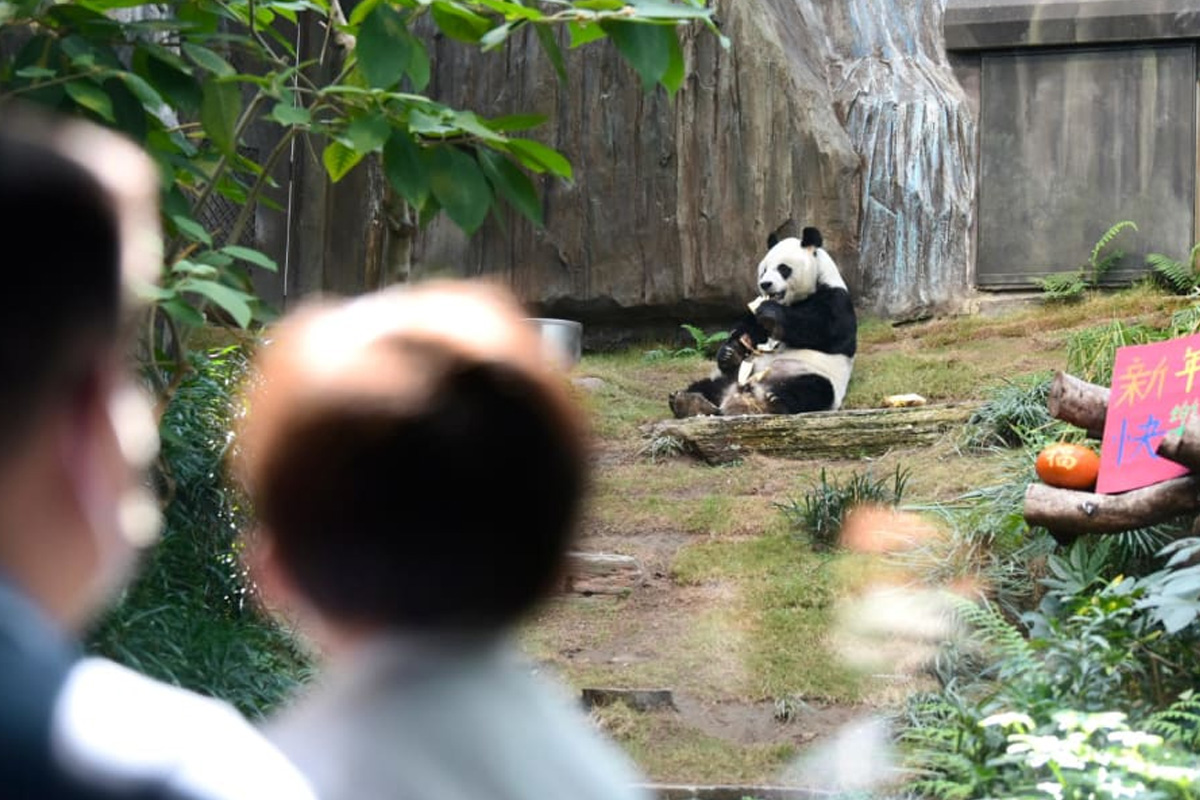World’s oldest male giant panda in captivity, died Thursday following health problems at age 35.
The panda was euthanized to prevent further suffering, according to a statement from Hong Kong’s Ocean Park. His “cleverness and playfulness” will be sorely missed, according to the park’s chairman, Paulo Pong.
The Chinese central government gave An An to the theme park 23 years ago, along with Jia Jia, a female believed to be the world’s oldest giant panda before her death in 2016 at the age of 38.
Over the years, the couple was seen by millions of tourists and schoolchildren, many of whom shared their memories of An An in photos and videos on Thursday.
A panda’s average life span in the wild is 14-20 years, but they can live far longer in captivity, according to wildlife conservationists World Wide Fund for Nature (WWF).
Pong said that An An’s survival beyond the average life expectancy demonstrates the theme park’s ongoing commitment to giant pandas.
The theme park still houses two other giant pandas — female Ying Ying and male Le Le — which were gifted by the Chinese government in 2007.
China has spent half a century attempting to boost the population of its iconic animals, creating sprawling panda reserves across several mountain ranges in an effort to save them from extinction.
Giant pandas are notoriously difficult to breed in captivity, but their numbers in the wild have recently increased after years of decline.
After their population increased by nearly 17 percent over the previous decade, the International Union for Conservation of Nature (IUCN) upgraded the species from “endangered” to “vulnerable” in 2017. The Chinese government followed suit last year, after the wild giant panda population increased to 1,800.
Pandas are considered an umbrella species in China, which means that experts believe that protecting them will help protect other species as well as the larger ecosystem.





















